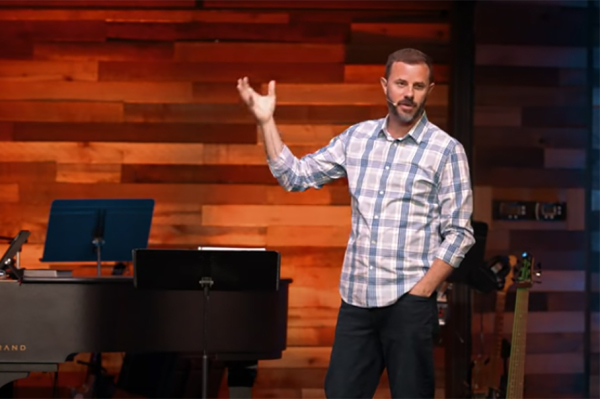The Third Way and Learning to Love

This is the last of a series using key themes that mark out how the Christian faith is to impact our engagement. We have looked at hope, reconciliation and power as enablement. The last theme is love, a different kind of love.
Perhaps nothing in Jesus' teaching is as challenging as the call to love one's neighbor. Actually the call is not only to love one's neighbor but one's enemy. It is in the Sermon in the Mount in Matthew 5:43-48 and the parallel Sermon on the Plain in Luke 6:27-36.
This is an extension of another set of texts called the Great Commandment in which love for God and love for one's neighbor are said to summarize all the Law (Mark 12:28-34). It is here where concerns tied to justice and to how people are treated reside.
No one is excluded in this call as the exchange between Jesus and a lawyer in Luke 10:25-38 shows. It is here Jesus tells the Parable of the Good Samaritan and says go and be a neighbor having used an example of someone who was hated by many.
Why is this so important? How we talk about others matters, especially those who think differently than we do.
This does not mean we do not engage on different views or challenge people, but how we do it and talk about them matters. When we look, act and interact like the world then we look no different than the world.
What difference does Jesus really make then? This is especially the case when we believe what people really need to change their lives is the gospel. We need to remember that people who think and live differently than us are the goal.
Our interaction, even when frank, needs to come with an extended care and hand along with concrete evidence that we care. Rebuke without genuine care, even in the face of rejection, is not a marker of this call to love.
It looks little different than the world. Jesus said as much when he said if you only love those who love you, then what is the big deal, even sinners do that. Jesus was saying this alternative way of engaging is not an option for those who really want to honor God and follow him.
Much of the interaction of many believers in the public square or in social media seems to lack awareness of these values for the church. It is a marker of the third way, a real distinctive marker that shows knowing Jesus makes a difference.
I am not suggesting this is easy nor does it come naturally. It requires the very enablement we discussed earlier. But it also is something that can stand out and get attention. When we love, when others might hate, we communicate how God loved us when we did not care. We model God's love and care. That is a distinctive that makes the third way a different kind of path.
Dr. Darrell L. Bock is Executive Director for Cultural Engagement at the Hendricks Center at Dallas Theological Seminary as well as Senior Research Professor of NT Studies. He is an author or editor of over 40 books, including a New York Times Best Seller in non-fiction. He is host of the Seminary's Table podcasts (voice.dts.edu).





















